Home>Interior Design>5 Items Not To Store On Your Nightstand, According To Designers
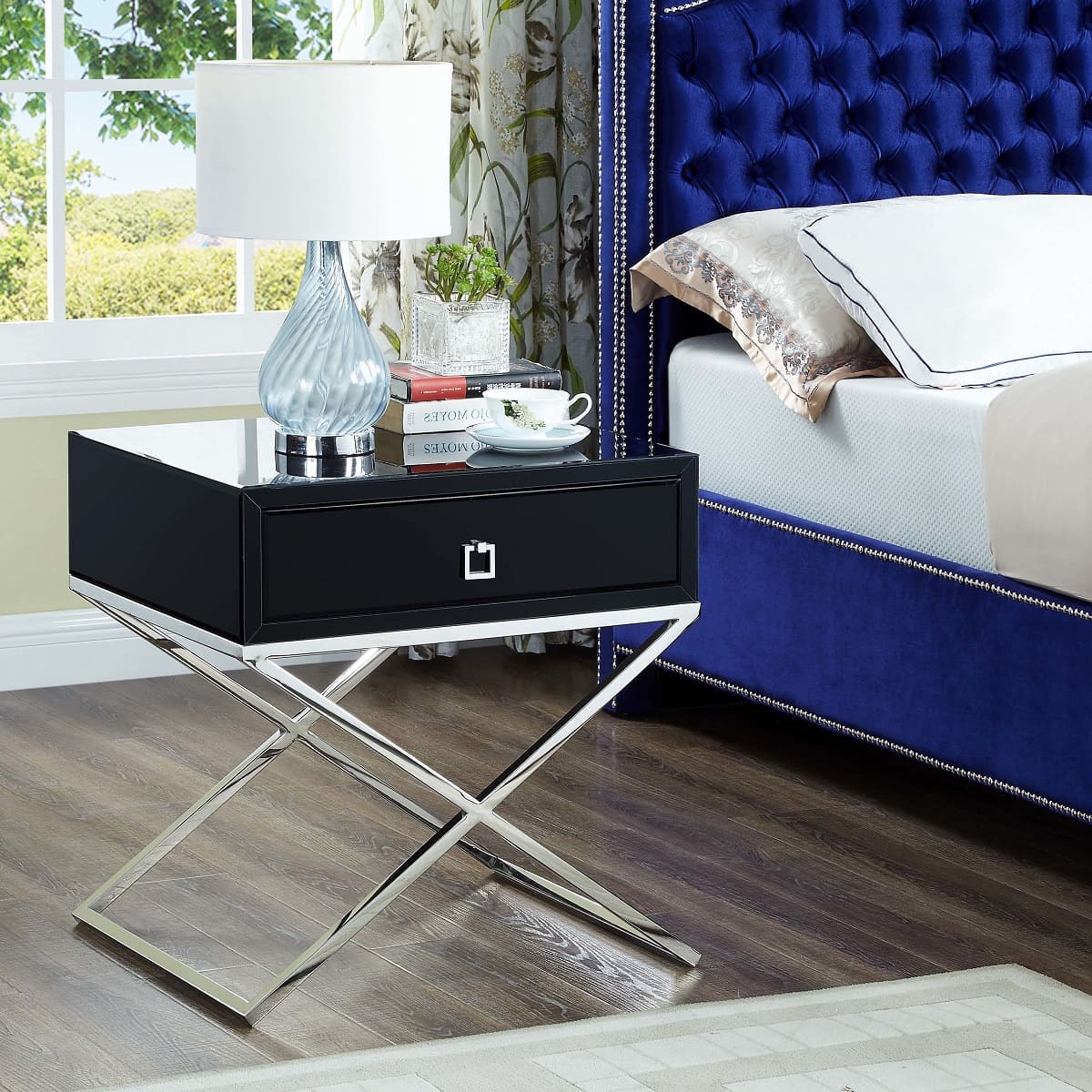

Interior Design
5 Items Not To Store On Your Nightstand, According To Designers
Modified: November 2, 2024
Discover the top 5 items that designers recommend avoiding on your nightstand to maintain a stylish interior design.
(Many of the links in this article redirect to a specific reviewed product. Your purchase of these products through affiliate links helps to generate commission for Storables.com, at no extra cost. Learn more)
5 Items Not to Store on Your Nightstand, According to Designers
Your nightstand is more than just a place to store your phone, glasses, and alarm clock. It is an important part of your bedroom decor and should be kept clutter-free and functional. Interior designers recommend avoiding certain items on your nightstand to maintain a serene and peaceful sleep environment. Here are five items you should consider removing from your nightstand according to designers:
Candles
Candles might seem like a cozy addition to a nightstand, but they can be a fire hazard if left unattended. Accidents happen, and a burning candle can quickly turn into a dangerous situation. Instead, opt for battery-operated flameless candles or diffusers to create a relaxing ambiance without the risk.
Electronics
We are all guilty of keeping our smartphones or tablets on our nightstands, but this habit can disrupt our sleep. The bright screens emit blue light that inhibits the production of melatonin, the hormone responsible for regulating our sleep-wake cycle. Create a tech-free zone in your bedroom by keeping electronic devices out of reach and out of sight.
Medications
While keeping necessary medications nearby might seem convenient, the nightstand may not be the best place for them. The fluctuating temperatures and humidity in the bedroom can affect the efficacy of certain medications. Store your medications in a cool, dry place, such as a medicine cabinet or a drawer in your bathroom.
Beverages
Although it may be tempting to keep a glass of water or your favorite beverage on your nightstand, it’s best to avoid it. Accidental spills can damage your nightstand or electronic gadgets, potentially leading to costly repairs. Additionally, having beverages near your bed may increase the likelihood of spills or stains on your bedding.
Read more: 5 Must-Have Items For A Cozy Bedroom
Clutter
Lastly, and perhaps most importantly, avoid clutter on your nightstand. A cluttered nightstand can create a sense of chaos and disrupt your relaxation and sleep. Designers recommend using minimal decor, such as a small plant or a framed photo, to keep your nightstand visually appealing without overwhelming the space. Consider using a small tray or organizer to keep essentials like your watch or jewelry neatly arranged.
By following these tips from designers, you can create a nightstand that not only looks stylish but also promotes a restful and peaceful sleep environment. Remember, a clean and uncluttered nightstand can contribute to a sense of tranquility in your bedroom, helping you unwind and relax before bedtime.
Key Takeaways:
- Keep your nightstand clutter-free by avoiding candles, electronics, medications, beverages, and unnecessary items. Opt for flameless candles and create a serene sleep environment with minimal decor and organized essentials.
- Create a peaceful sleep sanctuary by decluttering your nightstand and opting for safe alternatives like flameless candles and essential oil diffusers. Keep electronics, medications, and beverages out of reach for a restful night’s sleep.
Candles
Candles are often considered a popular choice for adding a cozy and romantic ambiance to any room, including the bedroom. However, interior designers caution against storing candles directly on your nightstand. While they may seem harmless, candles can pose potential risks if left unattended.
First and foremost, the main concern with candles is the fire hazard they present. Accidents can happen, such as a knock from a pet or a sudden movement during sleep, which could potentially knock the candle over and start a fire. This risk increases if the flame is located in close proximity to fabrics, papers, or other flammable materials that may be present on your nightstand. Not only would this jeopardize your safety, but it could also lead to extensive damage to your bedroom and property.
Additionally, candles emit smoke and release airborne particles when burned. This can contribute to poor indoor air quality, especially if you have respiratory conditions or sensitivities to certain fragrances. The accumulation of soot and smoke residue can also stain your nightstand and leave an unpleasant odor, requiring regular cleaning and maintenance.
Fortunately, you can still enjoy the cozy glow and aroma of candles in your bedroom by making a few adjustments. Interior designers recommend opting for flameless candles or diffusers as a safe alternative. Flameless candles use battery-operated LED lights to mimic the flickering effect of a real flame without the associated risks. They come in various sizes, scents, and designs, allowing you to create the desired ambiance without compromising safety.
Another popular option is using essential oil diffusers. These devices use water and a few drops of essential oil to emit fragrances into the air, creating a soothing atmosphere without any flames or smoke. They come in sleek designs that can easily blend with your bedroom decor.
When it comes to candles, it’s all about safety and finding alternative ways to achieve the desired ambiance. By opting for flameless candles or diffusers, you can enjoy a cozy and relaxing bedroom atmosphere without risking your safety or compromising indoor air quality. So go ahead and create a tranquil space that allows you to unwind and recharge, all while keeping your nightstand clutter-free and hazard-free.
Electronics
In today’s digital age, it’s common for people to keep their smartphones, tablets, and other electronic devices on their nightstands. However, interior designers recommend avoiding this practice to create a more peaceful and restful sleep environment.
One of the main reasons to keep electronics off your nightstand is the impact they can have on your sleep quality. Electronic devices emit blue light, which can interfere with your body’s natural sleep-wake cycle. The blue light suppresses the production of melatonin, a hormone that regulates sleep, making it harder for you to fall asleep and achieve deep, restorative rest.
Having your phone or tablet within easy reach also makes it tempting to check notifications, emails, or social media before bed. The constant exposure to screens and engaging with digital content can stimulate your mind, making it difficult to unwind and relax before sleep. It’s important to establish boundaries and create a tech-free zone in your bedroom to promote better sleep hygiene.
Instead of keeping electronics on your nightstand, consider designating a separate area in your home for charging and storing these devices. Charging stations or docking stations in a different part of your bedroom or even in another room can help keep electronic distractions at bay while you sleep.
To create a calming atmosphere in your bedroom, experts recommend replacing screen time with a relaxing bedtime routine. Instead of scrolling through your phone before bed, you could read a book, practice meditation or deep breathing exercises, or indulge in some light stretching or yoga. These activities can help signal to your brain that it’s time to wind down and prepare for sleep.
If you rely on your smartphone as an alarm clock, consider using a traditional alarm clock instead. This way, you can keep your phone out of reach and resist the temptation to check it during the night if you happen to wake up.
By keeping electronics off your nightstand, you can create a more serene and technology-free sleep environment. Allowing yourself to disconnect from devices before bed can contribute to better sleep quality, improved relaxation, and a more restful night’s sleep.
Medications
While it may seem convenient to store medications on your nightstand for easy access, interior designers recommend finding an alternative storage solution. The fluctuating conditions in the bedroom, such as temperature and humidity, can affect the efficacy and potency of certain medications.
Most medications have specific storage requirements to ensure their effectiveness. For example, some medications need to be stored in a cool, dry place to maintain their chemical stability. Storing medications in an area with high humidity, such as a bathroom or near a window, can lead to degradation and reduce their potency over time.
Instead of keeping medications on your nightstand, consider storing them in a medicine cabinet in your bathroom, a dedicated drawer in your dresser, or a designated area in your kitchen. These areas typically have a more controlled environment, with less temperature and humidity fluctuations, ensuring the medications retain their efficacy.
Another reason to avoid keeping medications on your nightstand is the risk of accidentally taking the wrong medication or incorrect dosage in the middle of the night. Sleepiness and low lighting can impair judgment and increase the likelihood of making medication errors. By keeping medications in a separate storage area, you can establish a routine of taking them at the appropriate time and in the correct dosage.
It’s also important to note that some medications, especially those requiring refrigeration, should never be stored outside of the specified temperature range. Storing these medications on a nightstand without temperature control can compromise their effectiveness and potentially harm your health.
If you take medication regularly or need to have certain medications nearby at night, consider using a small, portable pill organizer. These organizers have compartments for each day of the week, allowing you to pre-portion your medications and keep them organized. They can be easily stored in a drawer or cabinet for easy access, without cluttering your nightstand.
Overall, it’s best to store medications in an appropriate and controlled environment to maintain their potency and reduce the risk of errors. By finding alternative storage solutions and practicing proper medication management, you can ensure the effectiveness and safety of your medications.
Beverages
Many people have the habit of keeping a glass of water or their favorite beverage on their nightstand for quick access during the night. While it may seem convenient, interior designers advise against storing beverages on your nightstand for several reasons.
One of the main concerns is the risk of accidental spills. It’s easy to knock over a glass in the dark or when reaching for something on your nightstand, especially if you’re half-asleep. Spilled beverages can damage your nightstand, causing stains, warping, or even compromising the structural integrity of the furniture.
In addition to potential damage to your nightstand, liquid spills can also harm your electronic devices, such as smartphones or tablets, if they happen to be on the nightstand. Even a small amount of liquid can seep into the device and cause irreversible damage, leading to costly repairs or the need for a replacement.
Keeping beverages on your nightstand can also increase the likelihood of spills or stains on your bedding. Accidentally knocking over a glass can result in wet sheets, mattress stains, and potential discomfort during the night. Additionally, spilled liquids can attract pests like ants or create a breeding ground for bacteria and mold if not cleaned up promptly.
If you prefer having a drink within reach at night, consider using a spill-proof or lidded bottle or tumbler. These containers are designed to prevent leaks and spills, providing a safer alternative for keeping beverages near your bedside. Make sure to choose a container with a secure lid and opt for one that is easy to clean.
It’s also essential to maintain good hygiene when storing beverages next to your bed. Remember to regularly clean your spill-proof containers to prevent bacteria buildup and ensure the freshness of the beverages you consume.
To stay well-hydrated during the night, consider drinking a sufficient amount of water before going to bed. This way, you can quench your thirst without the need to keep a glass of water on your nightstand. If you wake up feeling parched during the night, keep a water bottle or a carafe with a lid on a nearby dresser or shelf, within reach but still at a safe distance from your nightstand.
By avoiding beverages on your nightstand, you can protect your furniture, electronic devices, and bedding from potential damage caused by spills. Taking preventive measures and finding alternative storage options will help maintain a clean and clutter-free sleeping environment.
Clutter
A cluttered nightstand can create a sense of chaos and hinder your ability to relax and unwind in your bedroom. Interior designers emphasize the importance of keeping your nightstand clear of unnecessary clutter to promote a peaceful and serene sleep environment.
Clutter on your nightstand not only affects the visual appeal of your bedroom but also has a psychological impact. When you see a disorganized and cluttered space, it can evoke feelings of stress, anxiety, and overwhelm. This can translate into difficulty falling asleep or a restless night of sleep.
To create a clutter-free nightstand, start by only keeping essential items within reach. These may include items like a lamp for reading, a small tray for jewelry or accessories, and a clock or alarm clock. Limiting the number of items on your nightstand will create a sense of order and organization.
When it comes to decor, less is more. Choose a few carefully curated and meaningful items to adorn your nightstand. This can be a small potted plant, a framed photo, or a subtle piece of artwork. Select items that promote a sense of tranquility and align with your personal style.
A practical solution to keep your nightstand free of clutter is to use a small tray or organizer. These items can help corral loose items like keys, pens, and small accessories, keeping them neatly arranged and easily accessible. The tray or organizer adds a touch of organization while minimizing the visual clutter.
If you find yourself accumulating items on your nightstand, take a moment to reassess what truly belongs there. Regularly declutter and remove items that are not essential to your nighttime routine or relaxation. Find alternative storage solutions in your bedroom or elsewhere in your home for items that don’t belong on your nightstand.
It’s also helpful to establish a routine of tidying up your nightstand before bed. Take a few minutes each evening to put away any items that have accumulated throughout the day. This simple practice will ensure that you start each day with a clean and clutter-free nightstand.
Remember, a clean and uncluttered nightstand can contribute to a sense of calm and serenity in your bedroom, promoting better sleep and relaxation. By keeping only essential items, incorporating thoughtful decor, and establishing tidy habits, you can create a visually appealing and peaceful sleep sanctuary.
Frequently Asked Questions about 5 Items Not To Store On Your Nightstand, According To Designers
Was this page helpful?
At Storables.com, we guarantee accurate and reliable information. Our content, validated by Expert Board Contributors, is crafted following stringent Editorial Policies. We're committed to providing you with well-researched, expert-backed insights for all your informational needs.
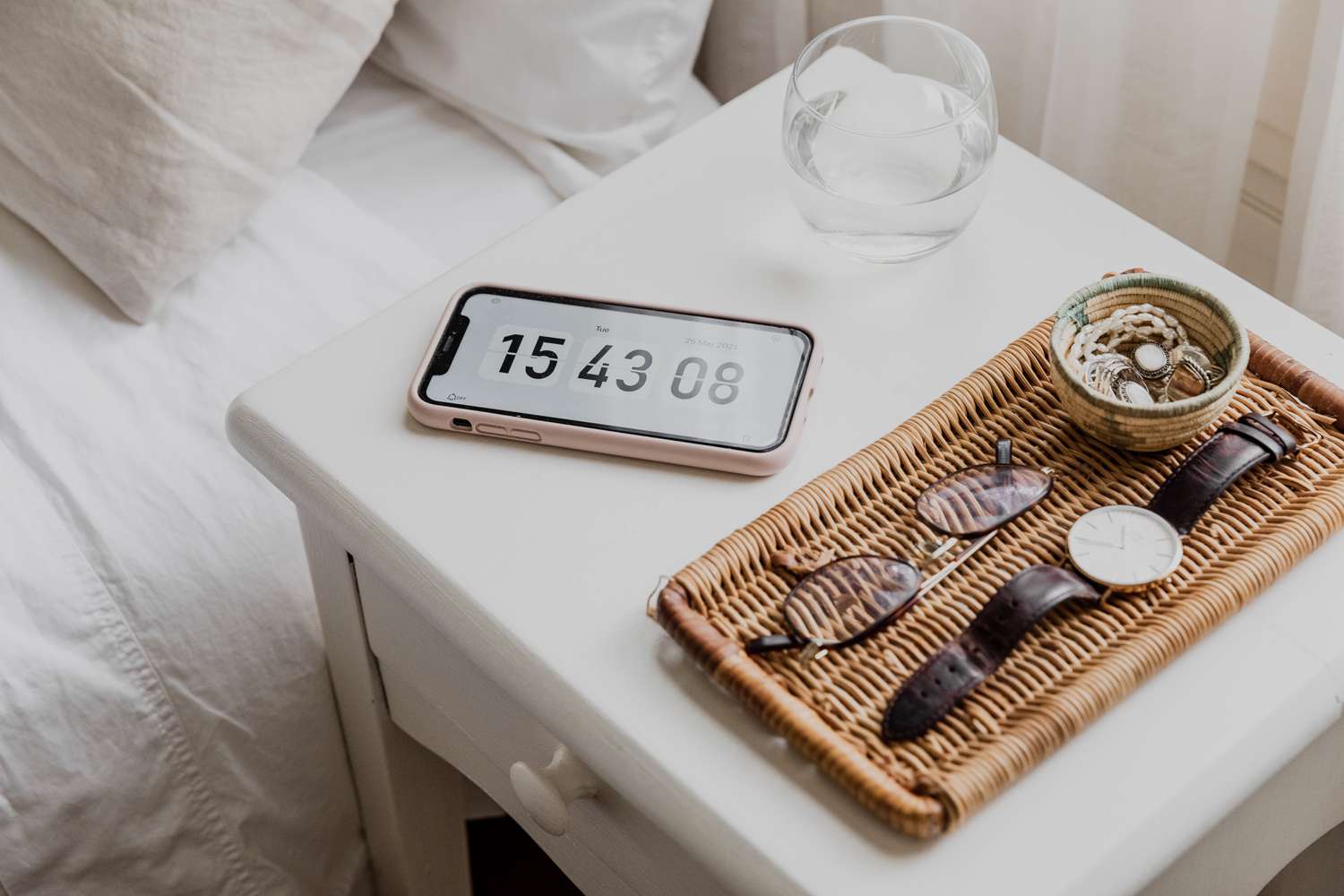
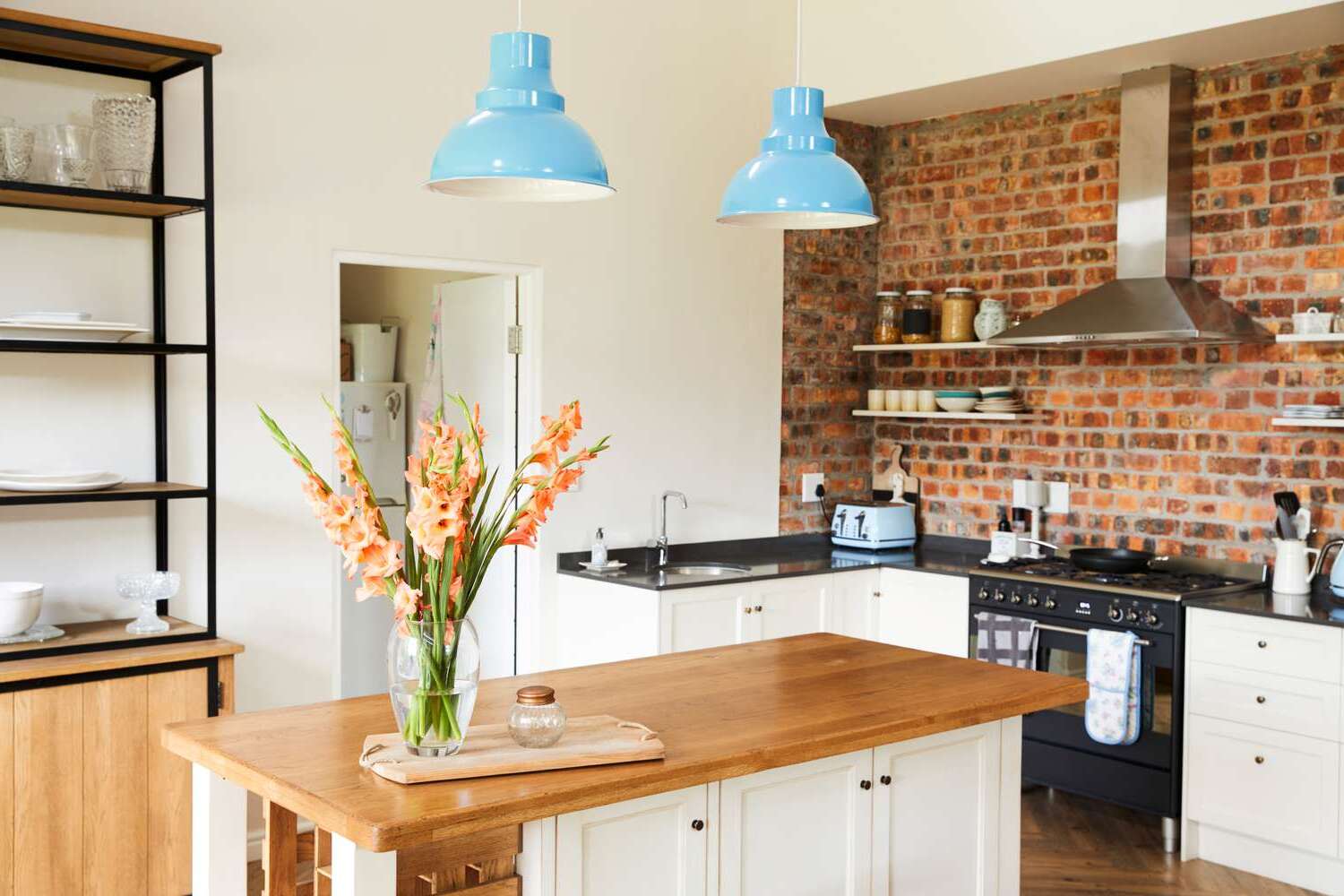

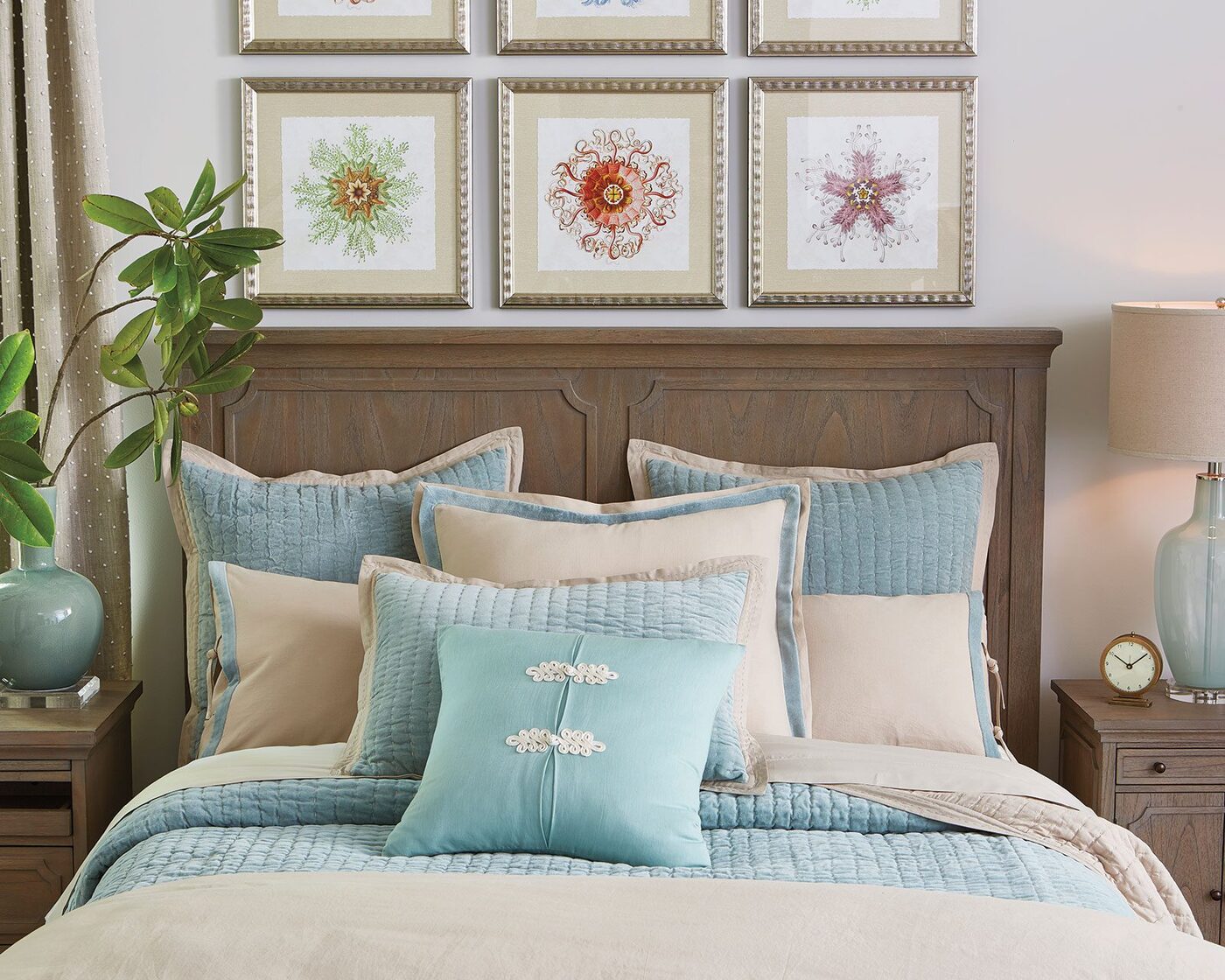
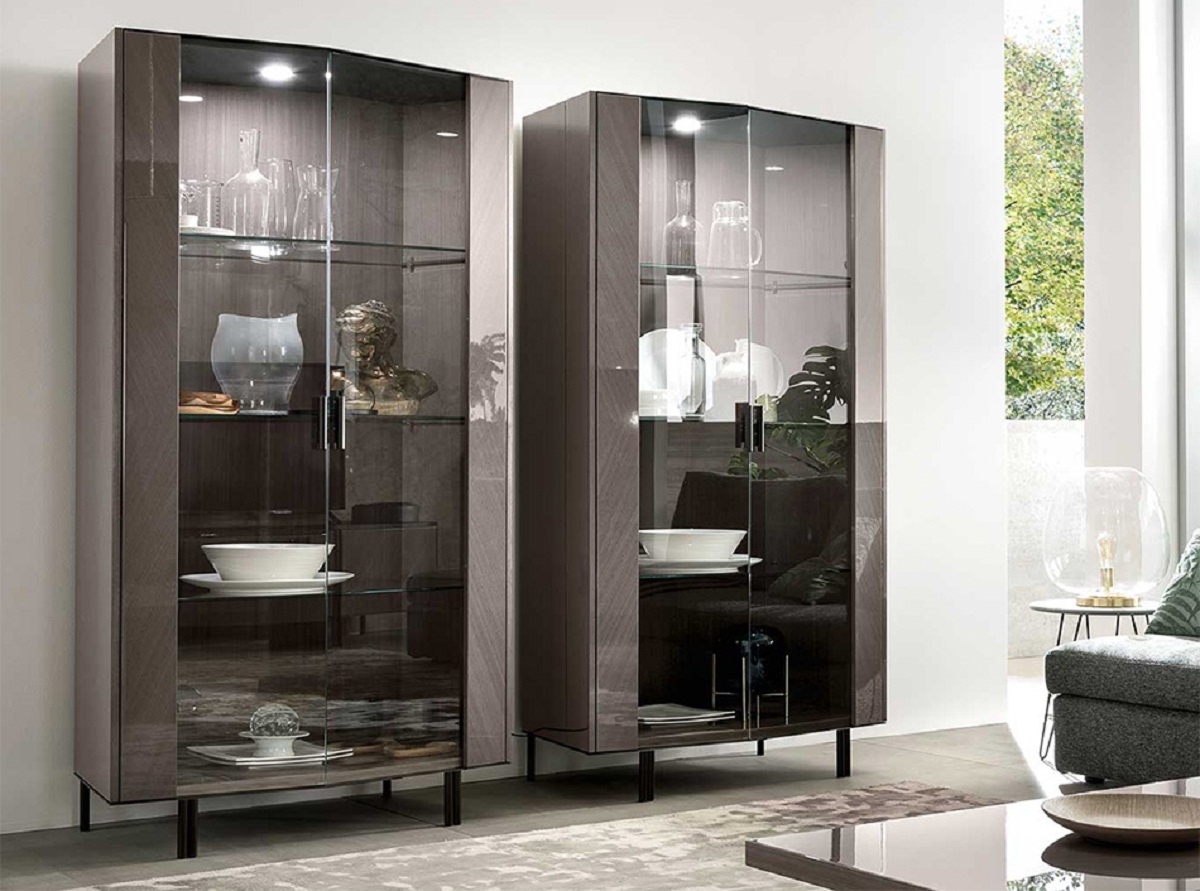
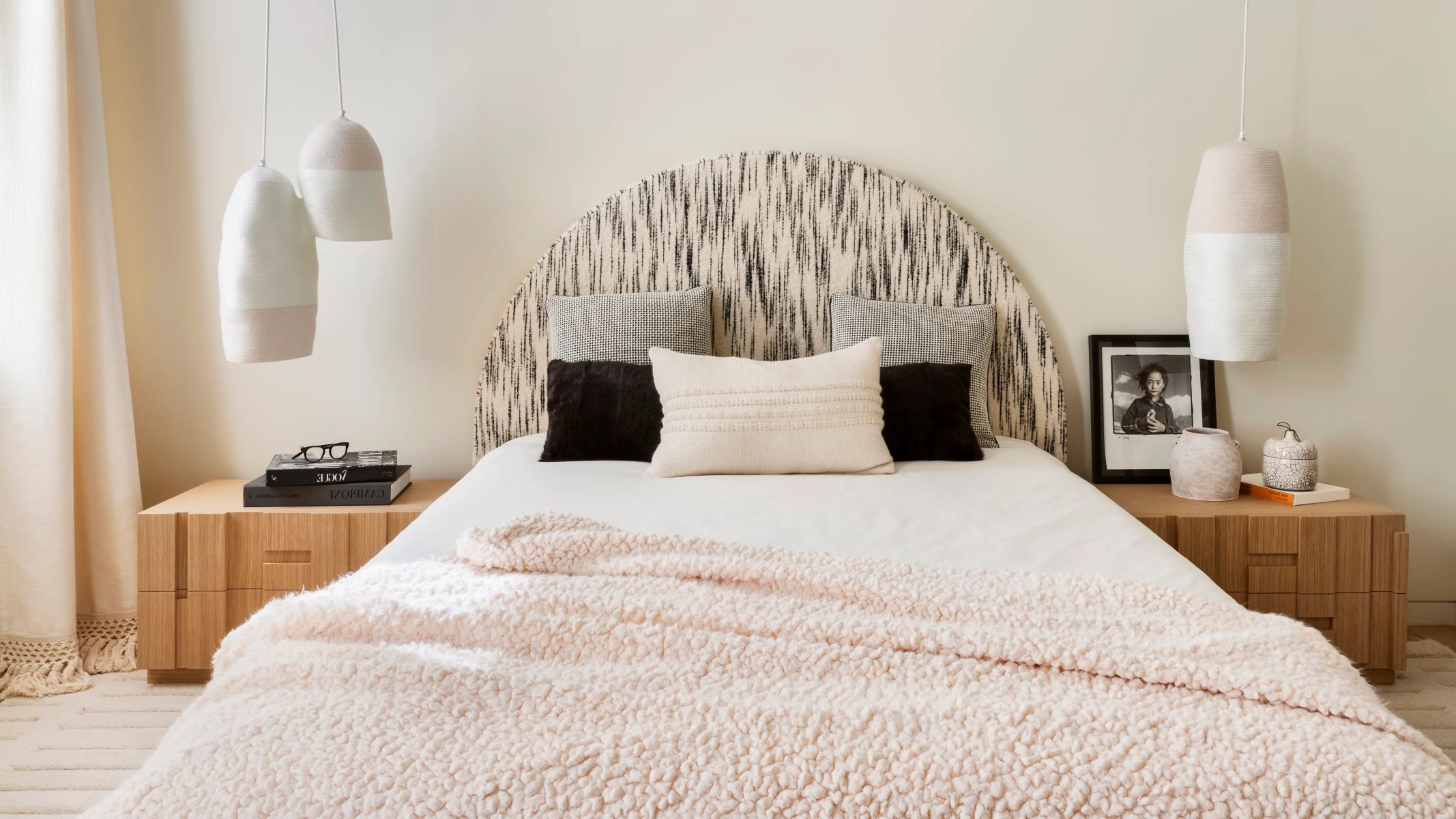
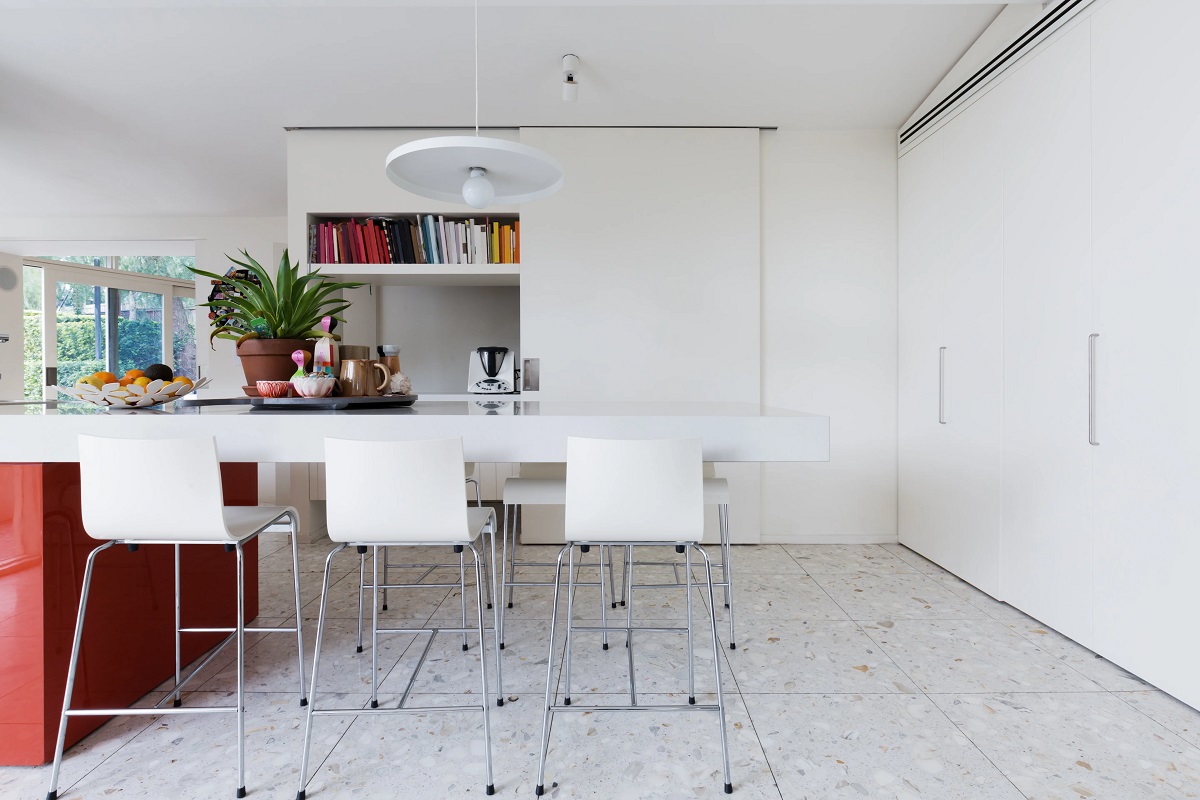
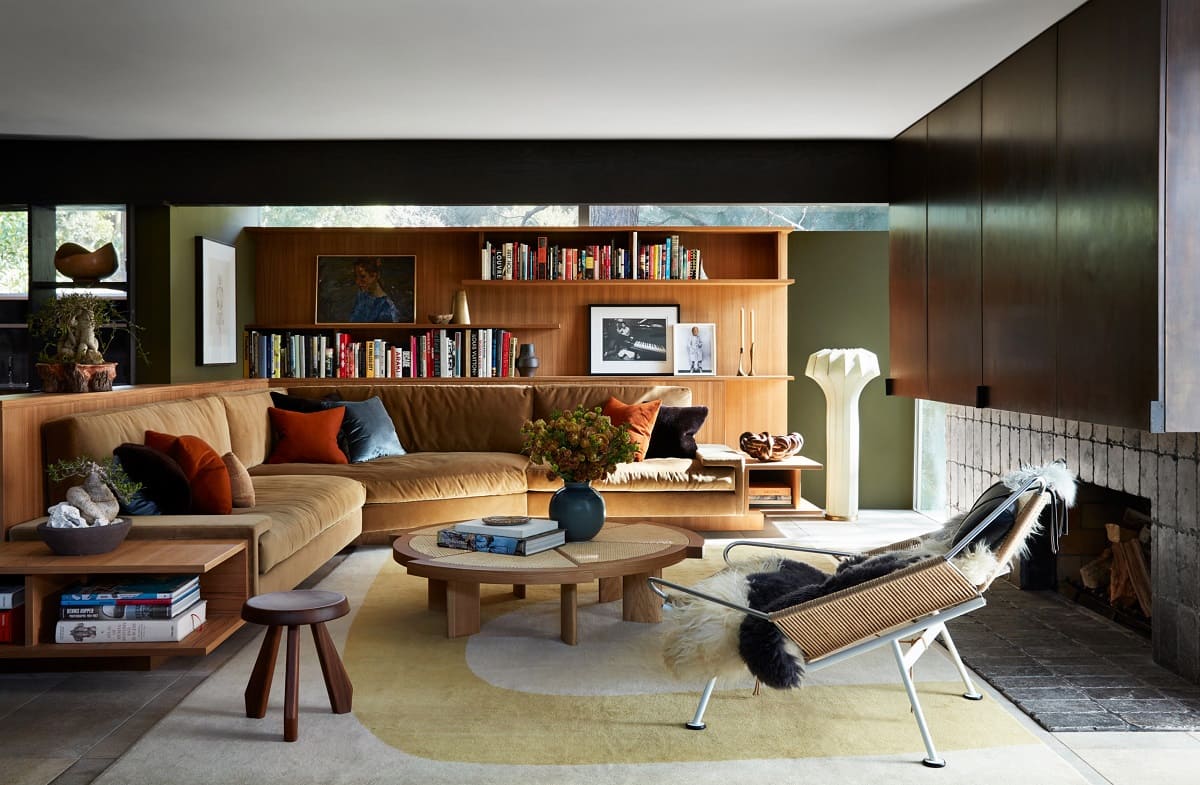

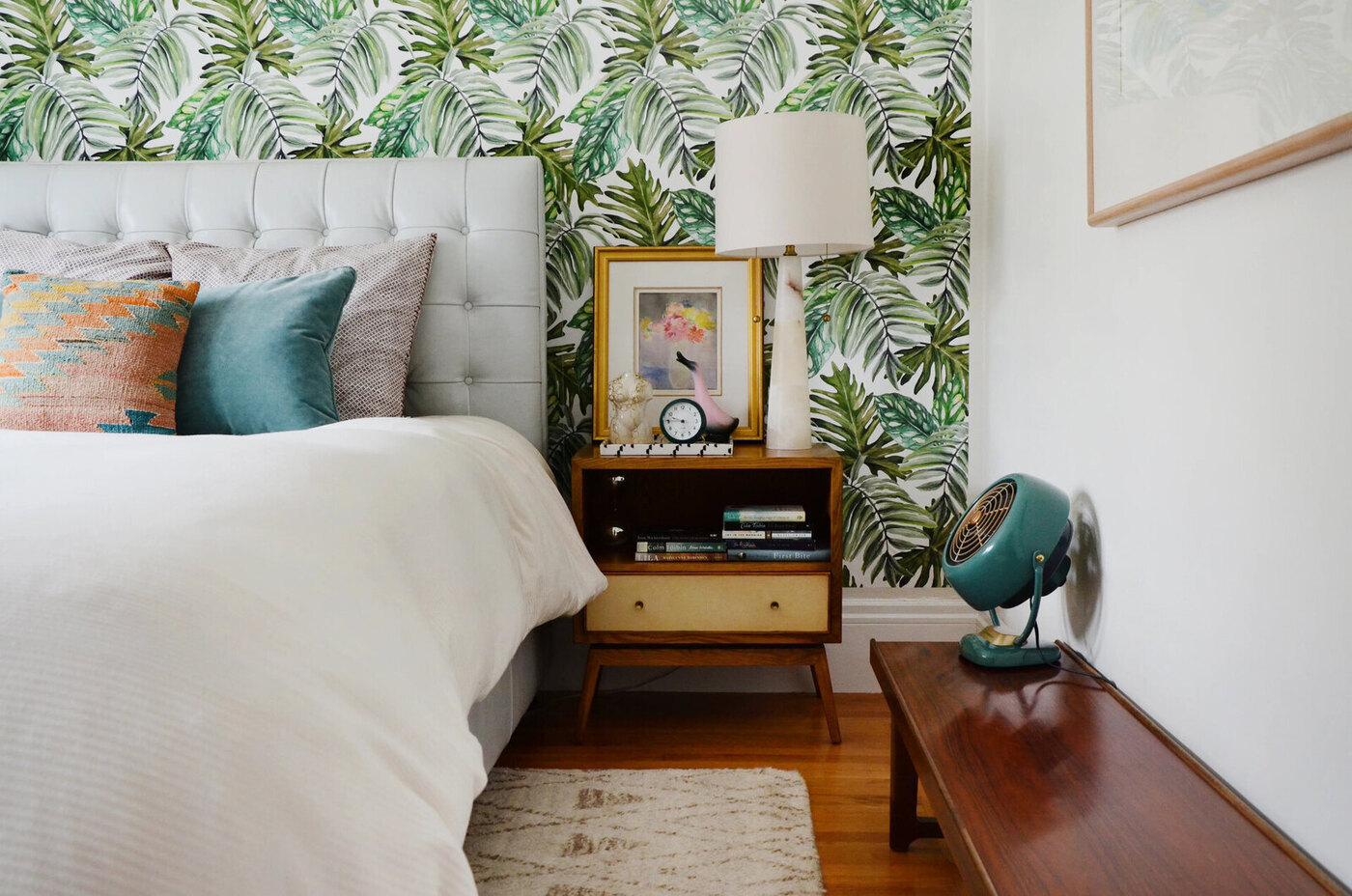
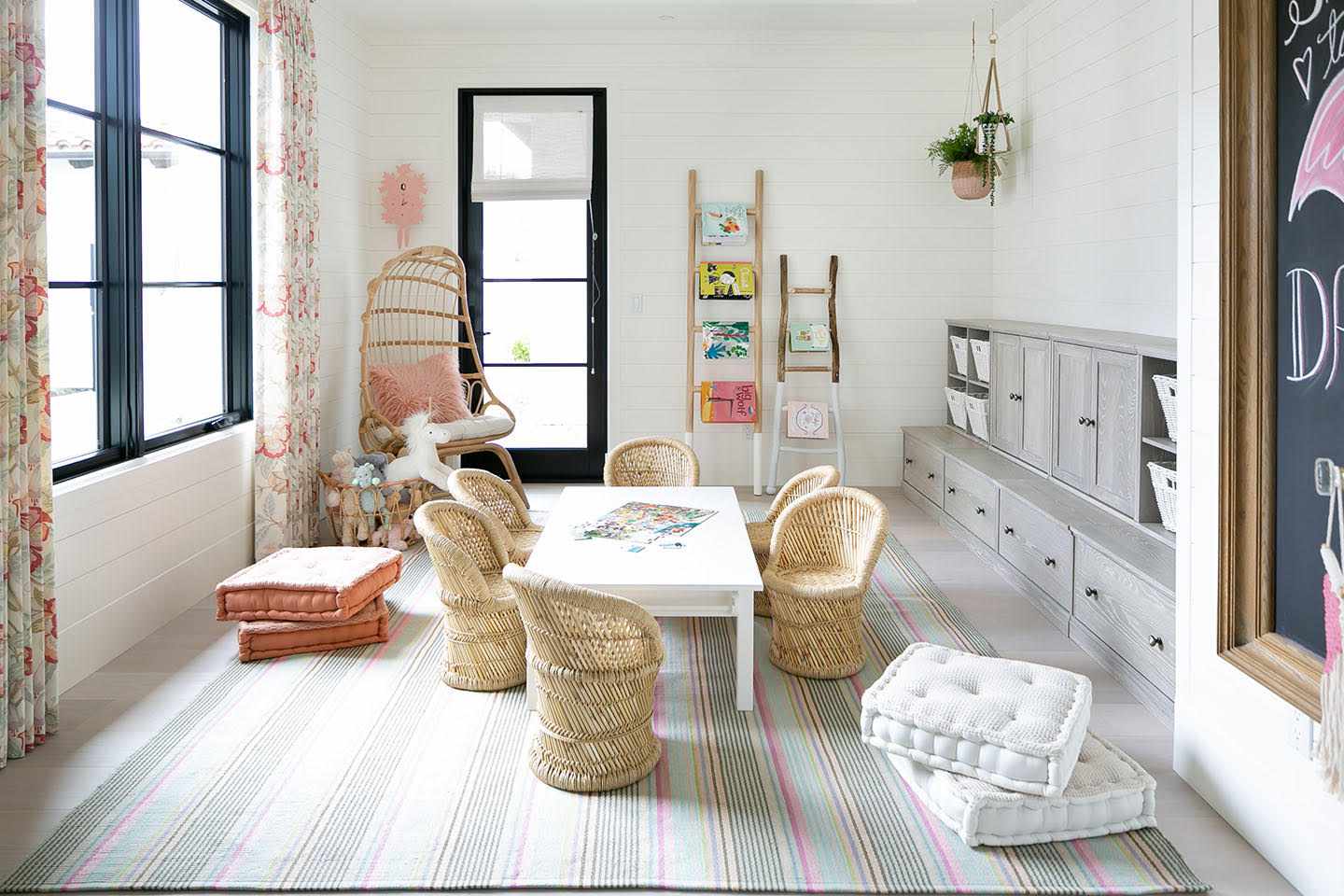

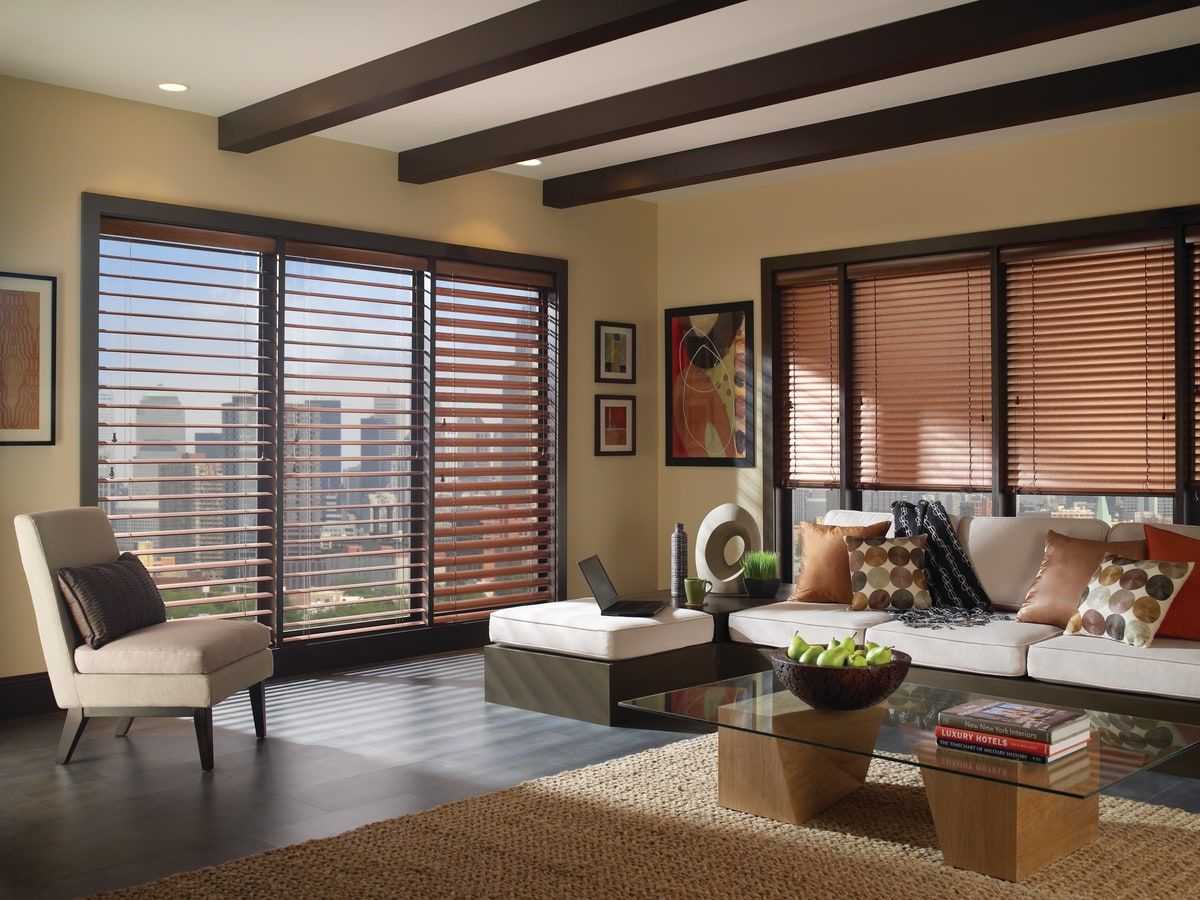

0 thoughts on “5 Items Not To Store On Your Nightstand, According To Designers”